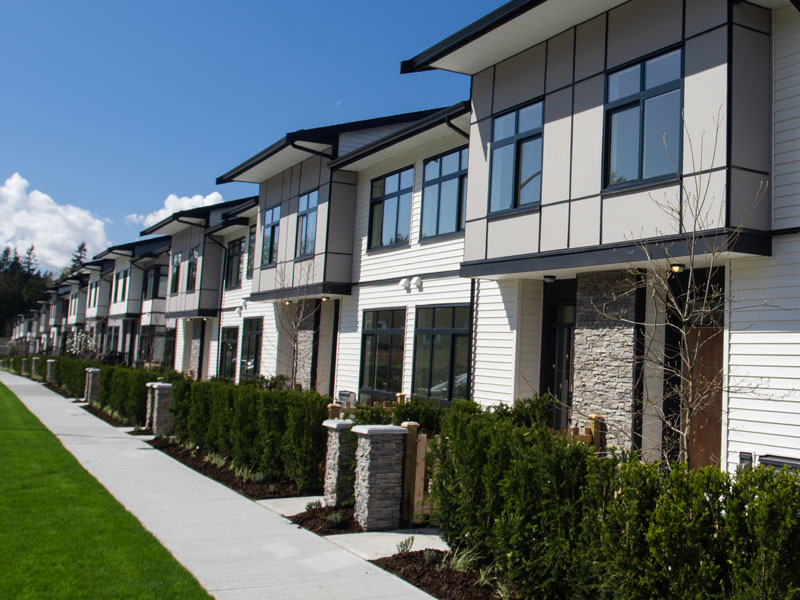In today’s fast-paced multifamily industry, the use of personal phones to contact residents has become common practice. While it offers convenience and flexibility, it also poses significant security risks, particularly in an environment characterized by high turnover rates.
Let’s delve into the potential dangers and explore solutions to safeguard resident data:
The perils of high turnover
Property management companies often face high turnover rates among their staff, including property managers. When a property manager decides to leave a company, they have the opportunity to take a wealth of resident data with them, like contact information and sensitive documents. This scenario creates several security risks:
- Data breaches: Property Managers who leave a company with access to resident information on their personal phones may inadvertently or maliciously expose this data, leading to breaches and potential legal consequences.
- Lack of oversight: Personal devices are not subject to the same security protocols and monitoring as company-owned devices. This can make it challenging to ensure resident data remains confidential.
- Loss of accountability: Multifamily leaders lose control over resident communication when it occurs via personal phones. This loss of control can result in inconsistent service quality and potential privacy breaches. There is no way to know the discussion context between residents and PMs or how quickly a resident inquiry receives a response without communication with the resident or PM.
Mitigating risks through centralized communication
There are a few ways to reduce your exposure to risk - one of which is creating a centralized and secure data source.
- Unified communication platform: Transition to a centralized communication platform that is accessible to property managers at a site level and regional directors at a portfolio level. This platform should enable secure and monitored communication with residents. Centralization ensures consistent and accountable communication.
- Secure Messaging: Encourage property managers to use the company's secure messaging system when communicating with residents. A good messaging platform should offer access controls and audit logs.
- Data Retention Policies: Enforce data retention policies that automatically archive and protect communication records. This ensures data remains accessible for auditing and compliance purposes, even when property managers change.
While the use of personal phones for resident communications may offer convenience, it introduces significant security risks, particularly in an industry characterized by high turnover rates. Property management companies must prioritize the security of resident data by implementing centralized communication, providing training, and ensuring control over the devices used for communication. By taking these steps, management companies can continue to provide excellent service to residents while safeguarding their sensitive information.
For more information, you can learn more about Kipsu's messaging solutions for multifamily, or schedule a conversation!


.png)
.png)


.png)
.png)

